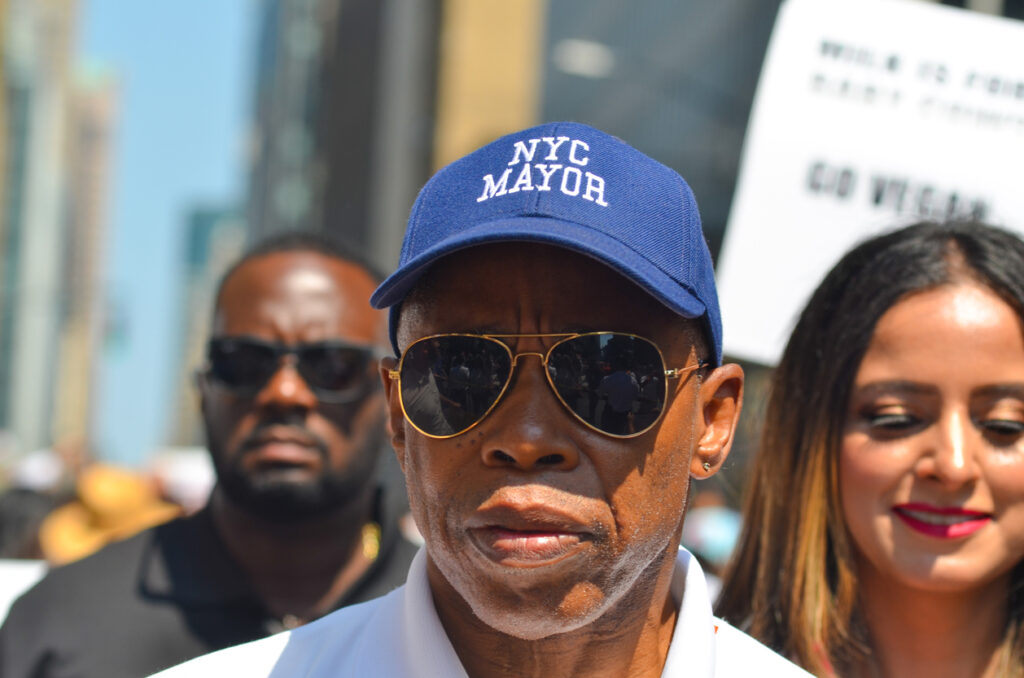
In the heart of a pandemic that should have been a wake-up call, the plight of America’s elderly seems to be fading into the background rather than coming sharply into focus. With around 900,000 older adults lost to Covid-19, representing three-quarters of the nation’s toll, the silence is deafening. Advocates envisioned a period of reckoning, an undeniable signal that we must do better for our vulnerable seniors. Yet, the expected surge of decisive actions to improve their care and safety has dissipated into a whisper.
The lack of response is puzzling and disheartening. Most of society, along with government officials, seem to have accepted Covid-19 as a fixture of daily life, leaving many seniors at high risk without access to crucial antiviral therapies and updated vaccines. Efforts to enhance care quality in nursing homes and assisted living centers are mired in debates over costs and staffing. Meanwhile, a mere fraction of the public adheres to precautions that could safeguard seniors from a trio of threats: Covid, flu, and respiratory syncytial virus (RSV).
In just the first few weeks of 2024 alone, over 4,800 seniors succumbed to Covid-19 – enough to fill more than 10 large airliners. Yet, there’s no widespread alarm, no collective outcry that would undoubtedly follow a string of plane crashes. The stark difference in reaction begs the question: Have we become indifferent to the struggles and losses of our older population?
Conversations with health care professionals, researchers, and policymakers who have dedicated their lives to the aging field reveal a complex tapestry of ageism exacerbated by the pandemic. The crisis has likely intensified stereotypes of older people as frail, sick, and isolated – further distancing them from the younger, “productive” members of society. This devaluation manifests in a perceived expendability, where older adults are seen as consuming valuable resources.
Yet, ageism and the negligence it fosters are not just societal failings; they represent missed opportunities. Seniors are a “natural resource,” making invaluable contributions through financial support, caregiving, volunteering, and workforce participation. By integrating rather than isolating older adults, we can begin to dismantle the stigma and embrace the richness of their experience and wisdom.
As younger generations look to the future, the importance of reshaping our approach to aging becomes even more critical. The longevity of millennials and Gen Z means they have the most at stake in fostering a society that values and supports its elders. By advocating for systemic change, we can ensure that all members of society can thrive at every stage of life, redefining aging as a period of continued contribution and engagement.
The challenge ahead is daunting, yet not insurmountable. It requires a collective shift in perspective, policy, and practice – one that honors the dignity, value, and potential of every individual, regardless of age. As we confront the realities of an aging population, let’s choose to see older adults not as burdens, but as bearers of legacy, wisdom, and strength. After all, when older people thrive, we all thrive.











